Metroidvania games have always been about growth, exploration, and discovery. While traversal upgrades like double jumps and grappling hooks remain staples, many modern entries in the genre have added skill trees to deepen progression. These systems give players more control over combat abilities, mobility options, and even playstyle customization. Below are some of the best Metroidvania games that make clever use of skill trees to enhance the adventure.
1. Ori and the Blind Forest (2015 – PC, Xbox One, Switch)

Moon Studios’ masterpiece is often remembered for its emotional storytelling and breathtaking visuals, but its Ability Tree plays an equally important role. By spending experience points, players unlock upgrades that improve combat efficiency, traversal options, and resource management. The three branches—Utility, Efficiency, and Combat—let you decide whether to focus on survival, damage output, or smoother exploration. Since Ori faces both punishing platforming sections and intense encounters, the skill tree becomes essential for tailoring playstyle. Play Now!
2. Ori and the Will of the Wisps (2020 – PC, Xbox, Switch)

The sequel expands on the original system with shards and upgrade paths, offering more freedom. Shards can be swapped on the fly, letting you respec abilities mid-game. You might prepare triple jumps for a traversal trial, then swap to melee-focused bonuses for a boss fight without penalty. It’s a perfect marriage of storytelling elegance and mechanical depth. Play Now!
3. Afterimage (2023 – PC, Consoles)
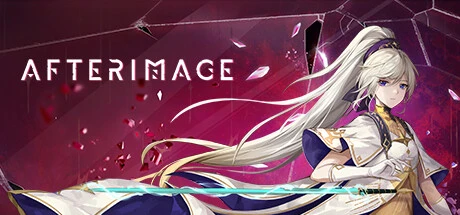
Set in the haunting world of Engardin, Afterimage combines painterly visuals with deep RPG systems. Here, Talents serve as skill trees, and they can be unlocked through boss fights, side quests, leveling, or merchants. Most Talents can also be enhanced once learned, creating long-term progression arcs. The branching paths support weapon specializations, elemental magic, and utility options, giving players enormous build freedom. No two journeys feel alike. Play Now!
4. Blasphemous (2019 – PC, PS4, Xbox One, Switch)
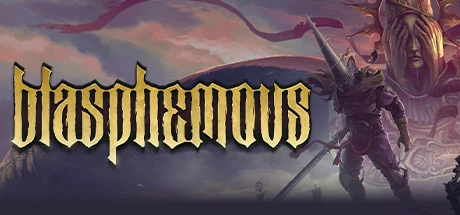
Blasphemous leans heavily into its Souls-inspired roots, but its Mea Culpa shrines introduce a brutal yet rewarding progression system. Using Tears of Atonement, players unlock named sword techniques like Sacred Thrust, Bleeding Miracle, and Holy Wrath. Alongside this, Rosary beads and Prayers add another layer of customization, allowing both defensive and offensive tailoring. Combined with its punishing bosses and oppressive atmosphere, the tree makes progression feel earned. Play Now!
5. Sundered: Eldritch Edition (2017 – PC, Switch, PS4, Xbox One)
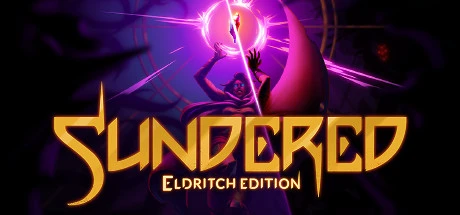
Thunder Lotus Games’ Lovecraftian Metroidvania is striking for both its art and its player choice. At sanctuary hubs, shards are spent on a sprawling tree that offers stat boosts and perks. The standout twist is choosing whether to Resist or Embrace eldritch corruption, a decision that alters both your abilities and narrative outcomes. This branching path ensures every playthrough feels different. Play Now!
6. Valdis Story: Abyssal City (2013 – PC)
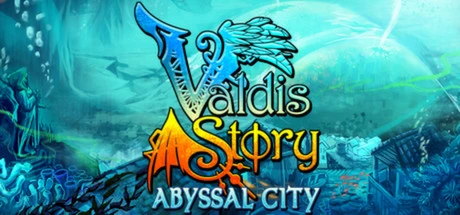
Before Hollow Knight popularized flexible builds, Valdis Story was already experimenting with them. Players choose between multiple classes—Wyatt (Warrior, Guardian, Savior) and Reina (Monk, Protector, Golden One)—each with its own tree. Points unlock combos, mobility upgrades, and special attacks, meaning that different builds can completely reshape combat flow. It’s a hidden gem with remarkable depth. Play Now!
7. Worldless (2023 – PC, Switch, PS4/5, Xbox)
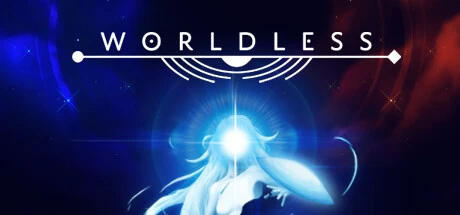
This minimalist Metroidvania combines platforming exploration with turn-based combat, an unusual but effective twist. Its progression uses two distinct currencies to unlock both passive and active upgrades, letting players decide between long-term efficiency and immediate combat payoffs. The mix of abstract storytelling and mechanical experimentation gives Worldless a unique identity. Play Now!
8. Xeodrifter (2014 – PC, 3DS, Switch, PS4)
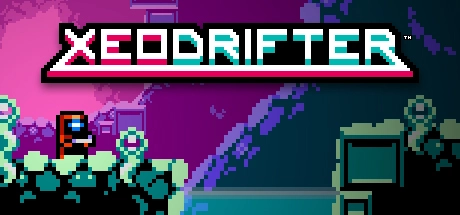
Though short in length, Xeodrifter stands out for its clever weapon customization system. Enhancement nodes can be distributed into categories like bullet size, spread, and rate of fire. Crucially, nodes can be reassigned at any time, meaning players effectively respec between bosses or exploration challenges. This flexible system adds surprising replayability to a compact game. Play Now!
9. F.I.S.T.: Forged in Shadow Torch (2021 – PC, PS4/5)
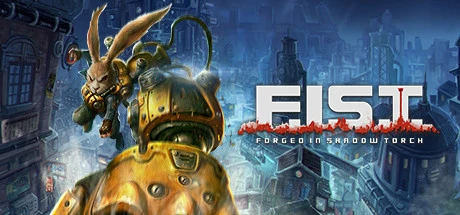
Torch City’s dieselpunk setting is already intriguing, but it’s the weapon-based skill trees that make F.I.S.T. shine. Each weapon—the Fist, Drill, and Whip—unlocks its own progression path, filled with combos that also double as traversal mechanics. For example, whip skills can double as gap-crossing tools, while drill upgrades help uncover hidden routes. This dual role ensures combat growth always feeds exploration. Play Now!
10. Grime (2021 – PC, Consoles)
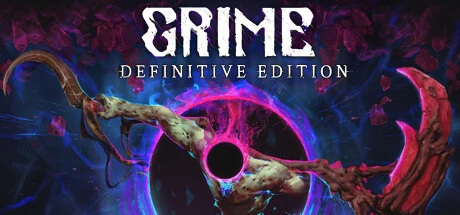
Equal parts grotesque and brilliant, Grime uses its Absorption mechanic to feed into progression. By parrying enemy attacks, players devour foes and unlock new abilities—like counters to projectiles or ground-shattering slams that also open traversal shortcuts. Every upgrade changes how you approach both combat and exploration, making growth feel organic rather than linear. Play Now!
11. Axiom Verge 2 (2021 – PC, PS4/5, Switch)
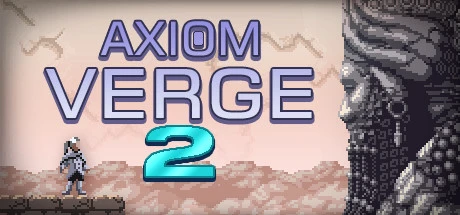
Unlike its predecessor, Axiom Verge 2 shifts focus from gunplay to exploration, hacking, and drone-based mobility. Its tree encourages experimentation, with upgrades that allow reprogramming enemies, alternate traversal, and even unique drone-only abilities. Rather than raw damage boosts, the progression emphasizes adaptation and puzzle-solving. Play Now!
12. Souldiers (2022 – PC, Switch, PS4/5, Xbox)
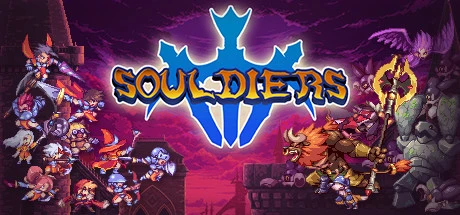
This Souls-inspired Metroidvania lets you pick from three classes—Archer, Mage, or Warrior—each with a distinct skill tree. Every tree unlocks unique combos, utility abilities, and class identities, ensuring replay value. The blend of class-based builds and demanding battles gives Souldiers extra tactical depth. Play Now!
Also Worth Considering
- Aeterna Noctis (2021 – PC, Consoles): A visually striking title where the tree is built around minor and major nodes. While simple, it adds meaningful character growth.
- DEAD OR SCHOOL (2018 – PC, PS4, Switch): A quirky, post-apocalyptic Metroidvania where Hisako levels up and spends points to unlock skills across a tree. Rough edges aside, its system is surprisingly robust.
Skill trees have added a refreshing dimension to the Metroidvania formula. They offer player agency, letting you shape how your character grows instead of simply collecting fixed upgrades. Some emphasize combat mastery (Blasphemous, F.I.S.T., Grime), others reward class identity (Valdis Story, Souldiers), while a few prioritize experimentation (Axiom Verge 2, Worldless).
Whether it’s the emotional journey of Ori, the gothic brutality of Blasphemous, or the customization freedom in Xeodrifter, each of these games shows how progression systems can enrich exploration. If you’re looking for Metroidvanias that combine tight platforming with rewarding skill development, these titles are the best places to start.

